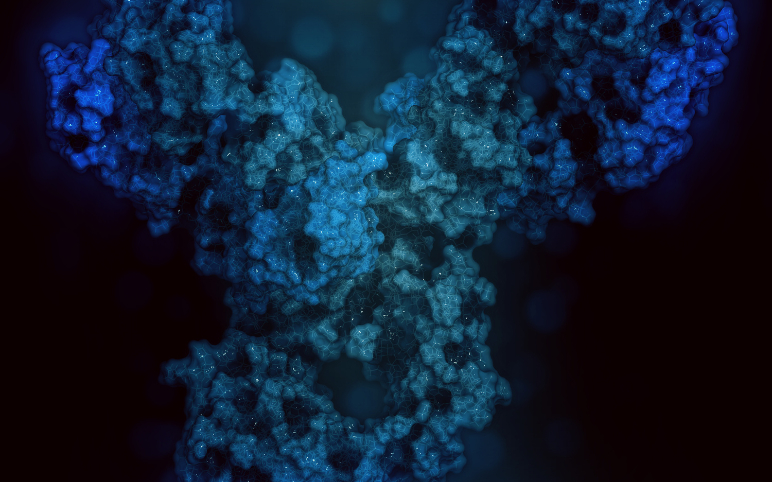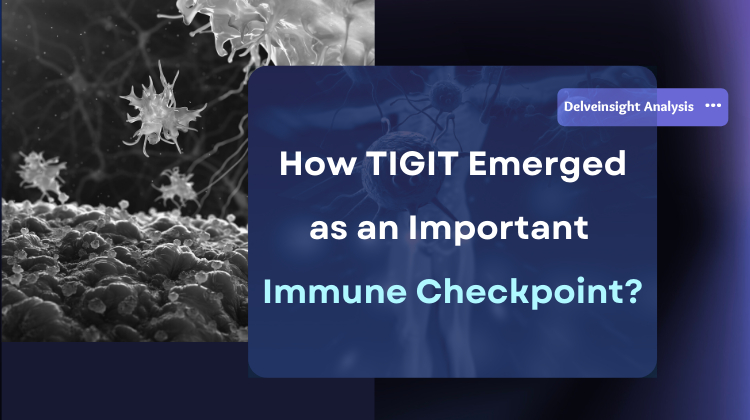Immune checkpoints
Oct 14, 2022
Checkpoint Inhibitors: A Potential Approach in the Fight Against Refractory Cancer
Immune checkpoint inhibitors are drugs that inhibit immune checkpoints. These drugs allow immune cells to respond more strongly to cancer by blocking them. This blocks the “off” signal, allowing T-cells to kill cancer cells. Checkpoint inhibitors can be used to treat a variety of cancers, including lung cancer (...
Read More...
Dec 06, 2021
T-cell Immunoglobulin and ITIM domain (TIGIT) Inhibitor: An Insight into the Pipeline Development Activities, Major Collaborations, and Advancements
T-cell immunoreceptor with Ig and ITIM domains (TIGIT) is a relatively new immunological checkpoint that has been studied as a potential immunotherapeutic target. TIGIT is a transmembrane glycoprotein receptor containing an Ig-like V-type domain in its cytoplasmic domain and an ITIM in its extracellular domain. It'...
Read More...
Feb 19, 2018
Immune Checkpoint Activators (ICA): Dynamic Therapeutic Targets
Immune checkpoints are the regulators of immune activation. They play a key role in maintaining immune homeostasis and preventing autoimmunity. Immune checkpoint activators are small molecules responsible for maintenance, modulation, and regulation of immune responses. Its significance in immune-therapeutics is back...
Read More...
Aug 29, 2016
PD-1 and PDL-1 Immune Check Point Inhibitors: A Prodigious Revolution in Cancer Treatment
Immune checkpoints are defined as the stimulatory or co-stimulatory molecules involved in the immune system. There are two kinds of checkpoint proteins found on T cells such as PD-1/PD-L1 and cytotoxic T lymphocytes (CTLA-4). The PD1/PD-L1 pathway is an adaptive immune resistance mechanism exerted by tumor cells in ...
Read More...




-Agonist.png)

